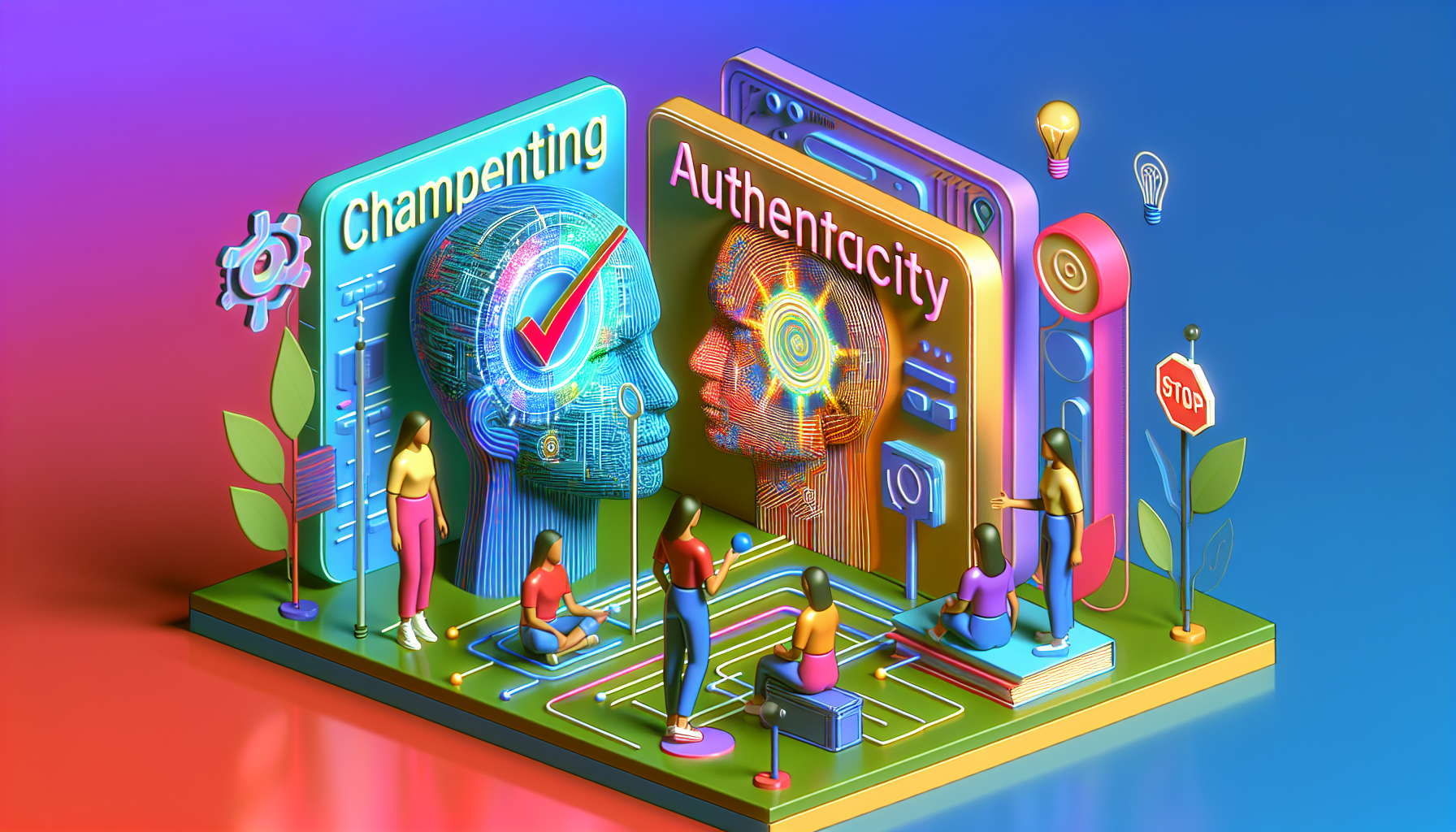
Big Labels Battle AI Music: The Legal Showdown of the Century
In the latest twist in the digital Wild West, music giants Sony Music Entertainment, Universal Music Group, and Warner Music Group have saddled up and filed lawsuits against artificial intelligence (AI) music companies Suno and Udio. Making headlines like a rock star at a county fair, these lawsuits allege some serious musical mischief: unauthorized use of copyrighted material. Coordinated by the Recording Industry Association of America (RIAA), this legal showdown knows no stage too big and no copyright too small.
The record labels claim Suno and Udio have essentially built musical empires on shaky, or rather, unauthorized foundations. The labels allege these companies have copied decades’ worth of popular sound recordings without so much as a “May I?” or a royalty check. These gargantuan corporations are shouting, Foul! while the AI companies are singing a different tune. Suno and Udio contend that they haven’t violated any copyrights and that U.S. copyright law is their legal drumbeat, justifying their use of sound recordings. Their technology, they insist, is designed to avoid reproducing copyrighted works. Well, isn’t that a convenient twist in the melody?
The Fair Use Face-off and the AI Rebellion
Enter the “Fair Use” argument, the unsinkable ship of the copyright seas. Suno and Udio brandish this defense with the gusto of a pirate claiming buried treasure. Much like OpenAI’s strategy in a separate lawsuit filed by The New York Times, the AI companies argue that their use of copyrighted materials sails smoothly under the fair use flag. If these AI-powered Jolly Rogers have their say, we’ll all be singing a new refrain that redefines how AI and creatives coexist on the digital stage.
While the AI companies shout innovation from the rooftops, the record labels are having none of it. They claim that Suno and Udio are not just messing with the track listings but are commercially motivated. They argue that these AI upstarts threaten to displace genuine human artistry, the very essence that copyright protection aims to shield. In the words of the industry heavyweights, it’s not just about protection; it’s about preserving the heart and soul of music against the encroaching rhythm of synthetic soundtracks.
Compensation and the Costs of Copyright Combat
Adding fuel to the fiery feud, the music labels are demanding hefty compensation. Picture this: $150,000 per lifted work. The labels call it wholesale theft of recorded works, while the AI companies likely see it as the cost of doing business in the brave new world of artificial intelligence. Filed in federal courts in Boston and New York, these lawsuits against Suno AI and Uncharted Labs (the brains behind Udio AI) are the proverbial high-stakes poker game where the chips are made up of copyright claims and future royalties.
The cultural rumble has more at stake than just financial figures. This legal tussle could redraw the boundaries between artificial intelligence and copyright law in the digital marketplace. The implications stretch far and wide, with eCommerce platforms and the future of AI-generated content hanging in the balance. Meanwhile, over 200 artists, including luminaries like Stevie Wonder, Billie Eilish, Robert Smith, and Nicki Minaj, have penned an open letter. Their message? A call for the responsible use of AI in the music industry to safeguard artists’ rights and stave off the potential devaluation of their creative works. Looks like this is one concert where both the front row and the nosebleed sections are utterly captivated.








